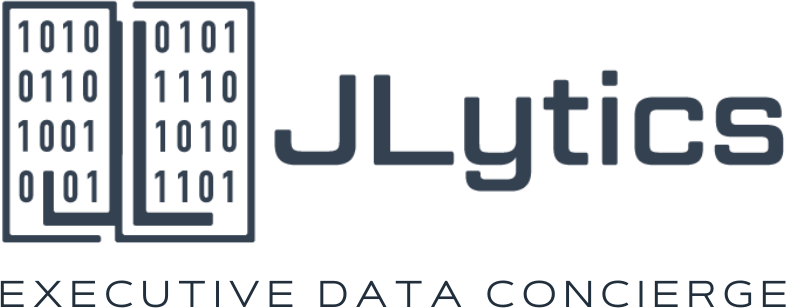As AI continues to reshape how businesses operate, choosing the right technology for building AI agents has become crucial for staying competitive.
At JLytics, we are tech stack-agnostic. We help companies navigate this landscape by implementing the most effective AI automation solutions available, based on their needs. Let’s explore three leading approaches to building AI agents, each with distinct advantages for different business needs.
LangChain: The Enterprise Standard
LangChain has emerged as the go-to framework for businesses requiring sophisticated AI automation. Think of it as the Swiss Army knife of AI agent development – comprehensive, powerful, and battle-tested in enterprise environments.
What makes LangChain particularly valuable is its ability to handle complex, multi-step workflows. Whether you’re building a customer service system that needs to access multiple databases, remember conversation history, and integrate with existing tools, or creating a research assistant that can analyze documents and generate reports, LangChain provides the robust foundation you need.
The framework excels in scenarios where your AI agent needs to “think” through problems systematically, use multiple tools in sequence, and maintain context across lengthy interactions. Major corporations have successfully deployed LangChain for automating data analysis, content generation, and decision-support systems.
However, LangChain’s comprehensiveness comes with complexity. Implementation requires more technical expertise and development time, making it best suited for businesses with dedicated technical resources or partnerships with AI implementation specialists.
Model Context Protocol (MCP): The Universal Connector
Launched in late 2024, MCP is rapidly becoming the “USB-C for AI” – a standardized way to connect AI agents with external data sources and business tools securely.
For business leaders, MCP solves a critical problem: how to safely and efficiently connect your AI agents to your existing business systems. Before MCP, each integration required custom development work. Now, there’s a standard protocol that major tech companies like Microsoft, Anthropic, and OpenAI have adopted.
This standardization means faster deployment times and lower integration costs. If your business uses cloud services, databases, or APIs that need to work with AI agents, MCP provides a secure, maintainable connection method that won’t become obsolete as technology evolves.
The beauty of MCP lies in its simplicity and security focus. It’s designed for the real world, where businesses need their AI agents to access sensitive data while maintaining strict security standards. By fall 2025, MCP has become nearly ubiquitous in production AI systems, making it a safe bet for future-proofing your AI investments.
Pydantic AI: The Newcomer Built for Safeguarding Data Structures & Types
Pydantic AI represents the newest approach to agent development, focusing on simplicity and data type safety. If LangChain is the enterprise bulldozer, Pydantic AI is the precision instrument – smaller, more focused, but highly effective for specific use cases.
This framework shines in applications where you need structured, predictable outputs from your AI agents. Think customer data processing, form automation, or any scenario where your AI needs to produce consistently formatted results that integrate cleanly with existing business systems.
Pydantic AI’s main advantage is its developer-friendly approach. Teams can build functional agents quickly with minimal code complexity, making it attractive for businesses that want to experiment with AI automation without massive upfront investments in technical infrastructure.
While still early in its adoption curve, Pydantic AI shows strong potential for businesses looking to implement straightforward AI automation tasks efficiently.
Choosing the Right Approach
The choice between these technologies depends on your specific needs:
- Choose LangChain for complex, enterprise-grade automation requiring multiple integrations and sophisticated reasoning
- Choose MCP when you need secure, standardized connections between AI agents and existing business systems
- Choose Pydantic AI for simpler automation tasks requiring structured outputs and rapid development
Many successful implementations actually combine these approaches, using MCP for secure connections, LangChain for complex reasoning, and Pydantic AI for specific structured tasks.
Ready to Implement AI Agents in Your Business?
Navigating the AI agent landscape doesn’t have to be overwhelming. At JLytics, we specialize in identifying the right technology mix for your specific business needs and implementing solutions that deliver measurable results.
Whether you’re looking to automate customer service, streamline data processing, or create intelligent business workflows, our team can help you harness these powerful technologies effectively.
Contact JLytics today to schedule a consultation and discover how AI agents can transform your business operations.



